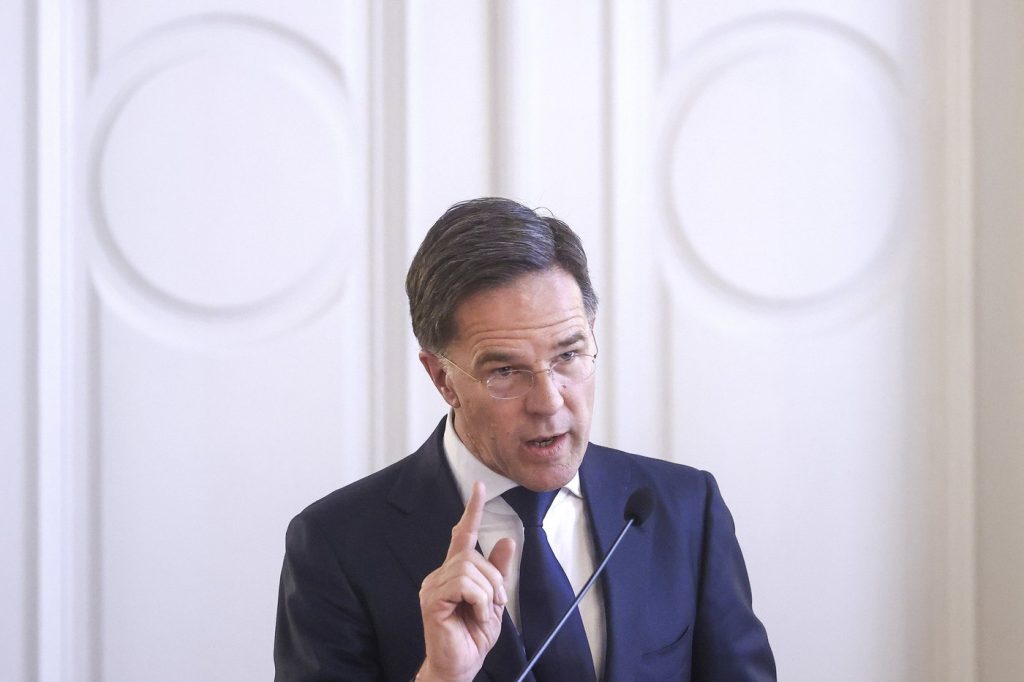PRISTINA, Kosovo (AP) — In his inaugural visit to the once-volatile Western Balkans, NATO Secretary General Mark Rutte on Tuesday emphasized the alliance's "steadfast commitment" to regional security, urging both Kosovo and Serbia to demonstrate flexibility in their ongoing normalization discussions.
Rutte's trip to Kosovo followed a previous stop in Bosnia, where he reassured officials of NATO’s "unwavering" support for the country’s territorial integrity amid escalating tensions observed nearly 30 years after a devastating conflict. His comments come after various separatist actions by Bosnian Serbs, which have raised concerns about stability in the region.
"A secure Western Balkans region means more security across the whole Euro-Atlantic area," Rutte stated. He cautioned, "We must be clear-eyed on what lies ahead. Decades of hard-won peace must not be jeopardized."
Kosovo unilaterally declared independence from Serbia in 2008, following the end of the 1998-1999 war, which saw Serbian forces expelled as a result of a 78-day NATO air campaign. However, Serbia has yet to recognize Kosovo's sovereignty, which remains a focal point of contention between the two nations.
NATO leads the Kosovo Force (KFOR), comprising approximately 4,700 troops from 29 countries. The alliance has recently bolstered its military presence in Kosovo as tensions have escalated over the past two years. Rutte assured that "KFOR is fully postured to respond to any relevant security developments."
He reiterated that the normalization talks with Serbia are "the only way to solve pending issues and secure a stable future." These EU-facilitated discussions, which began in 2011, have yielded minimal progress and currently remain stalled.
Both the European Union and the United States have been pressing both sides to implement agreements reached two years prior. These include Kosovo’s commitment to establish an Association of Serb-Majority Municipalities and Serbia’s anticipated move towards de facto recognition of Kosovo.
Brussels has clarified that the normalization of ties between Kosovo and Serbia is crucial for both nations' aspirations for integration into the EU. Rutte emphasized that to advance this dialogue, both parties must exhibit flexibility, make necessary compromises, and concentrate on long-term benefits.
"Normalization brings greater stability, more investment opportunities, and also lasting security across the whole region for the benefit of all," Rutte concluded, reinforcing the notion that progress in negotiations could serve as a catalyst for peace and development in the broader Western Balkans.
___
Florent Bajrami And Llazar Semini, The Associated Press










